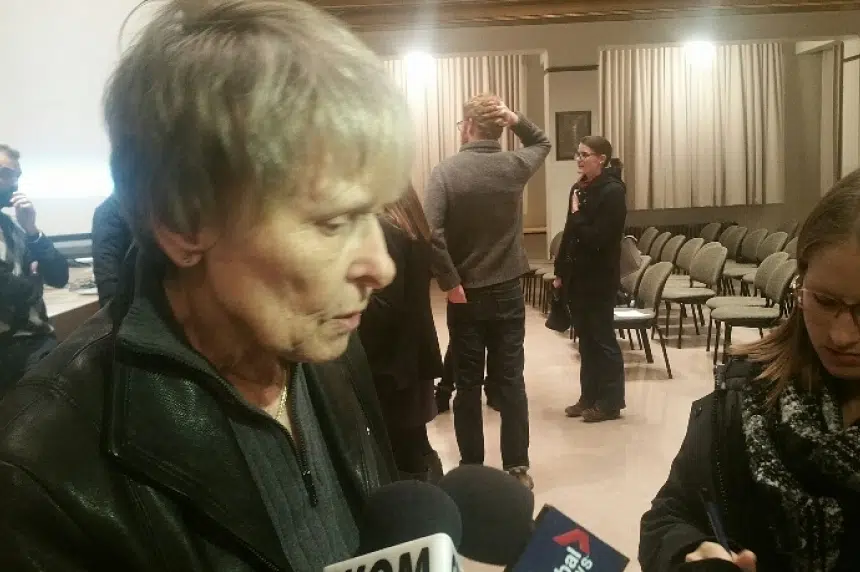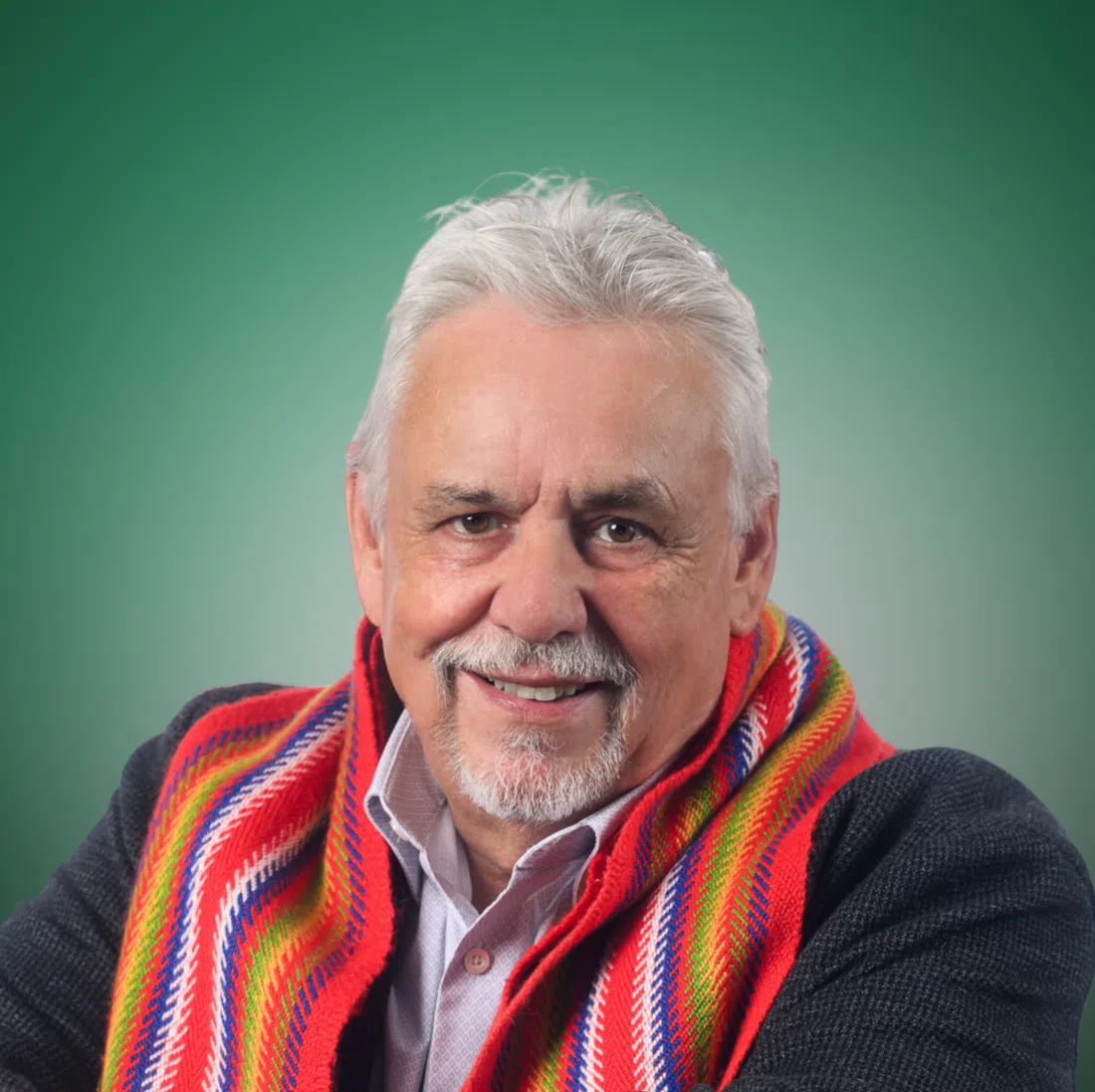It might look easy in the movies, but we’re a a long way from landing people on Mars.
That was part of the message from Dr. Roberta Bondar, a Canadian astronaut who visited the University of Saskatchewan on Thursday.
Bondar became Canada’s first female astronaut with a voyage aboard the space shuttle Discovery in 1992. She is a neurologist and an expert in space medicine. She said we don’t yet know enough about the potential health impacts of the long trip to the red planet to send people there ethically.
“Whether it’s radiation, or whether it’s bone loss, or anything else that deals with immune systems. Because we know bacteria grow bigger and our immune system is not as good,” she said.
Mars has about one-third the gravity of Earth. Bondar noted that even if future astronauts can make the trip, the transition to even that amount of gravity comes with problems once they get there.
“When people do land on Mars, if we have no way of properly giving them some kind of countermeasure to make them fit, they’re going to break their leg when they get down the ladder,” she said.
Bondar said the Moon is a better destination in the short-term.
“Going to the moon, we can get people back very quickly if we needed to. We could develop telescope systems, things that would help us with our guidance systems. We can develop ways of looking at radiation in space,” she said.
While acknowledging the present challenges of getting to Mars, Bondar said none of them are reasons to abandon the idea.
“In order to stimulate further research and get some of these things done, we can’t back away and say ‘it’s not possible.’ We can just say ‘okay, now how do we make it possible? How ethically (do) we try our best, and what are the limits for that?'” she said.











